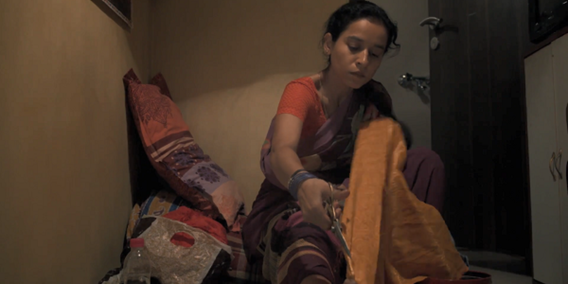How the Pandemic Changed Mental Health Conversations in India
Have you ever wondered how different the pandemic would have been if open, engaging conversations about mental health had never happened?
As the world locked down, our screens lit up. In a rare twist, the isolation of COVID-19 brought emotional vulnerability to the surface—publicly, globally, and profoundly. Mental health was no longer a footnote. It was front-page news, Instagram stories, and dinner table conversation.
This shift wasn’t accidental. It came from collective crisis. And for once, instead of hiding what we felt, many chose to share it—online. While not without flaws, this digital dialogue created something rare in India: a temporary but powerful wave of emotional honesty.
When the Internet Became a Listening Space
The lockdown amplified loneliness. But it also created a kind of emotional mirror—making people more self-aware, more attuned to their inner lives. Social media became the medium through which many first acknowledged their emotional needs. It wasn’t perfect, but it was honest. Vulnerability, once shamed, became visible.
When actor Sushant Singh Rajput died, the conversation around mental health deepened. Though media coverage was often sensationalized and inaccurate, it broke a wall. It made mental health mainstream. And from that opening, therapists, organizations, and creators began to step in—this time, with intention.
Therapists Went Online—And That Changed Everything
Therapists started translating their tools into bite-sized posts, videos, reels, and blogs. No jargon. Just clarity. This made mental health feel less intimidating. People found themselves reading blogs they would’ve previously ignored. They started understanding psychological concepts once reserved for textbooks. This wasn’t therapy—but it was education.
Even mainstream media began shifting. Older generations—previously skeptical—started hearing about mental health on the news, in columns, and public service ads. While resistance didn’t disappear, something softened. Even those who didn’t support therapy stopped actively shaming it.
The Double-Edged Sword of Awareness
Of course, social media’s enthusiasm isn’t always helpful. Therapists have repeatedly cautioned that their content is not a substitute for therapy. And yet, in the rush to talk about mental health, some people began using clinical labels casually—or worse, romanticizing distress for aesthetic appeal. Trends like these dilute the gravity of mental illness. They do more harm than good.
But that doesn’t mean we abandon awareness work. On the contrary—it’s a reminder that visibility must be paired with responsibility. The fact that qualified professionals are part of the conversation today is a sign of growth. It may not be perfect. But it’s progress.
What the Numbers Say
According to the World Health Organization, mental health and substance use disorders affect nearly 13% of the global population. This number is likely to rise post-pandemic.
In India, the World Happiness Report ranks us 139 out of 149 countries. Even more alarming: over 65% of young Indians aged 18–24 show signs of depression. The International Labour Organization (ILO) has warned that India’s youth may suffer long-term emotional fallout, affecting not just wellbeing—but economic productivity.
“Just because you don't understand it, doesn't mean it isn't so.” — Lemony Snicket, The Blank Book
The Road Ahead
It took a global catastrophe to normalize the emotional conversations we should’ve been having all along. And now that the floodgates have opened, the question is: will we keep them open?
The responsibility lies with all of us. To consume carefully. To share mindfully. And to advocate without overstepping. If done well, awareness doesn’t just educate. It empowers. It connects. And sometimes, it even saves lives.







